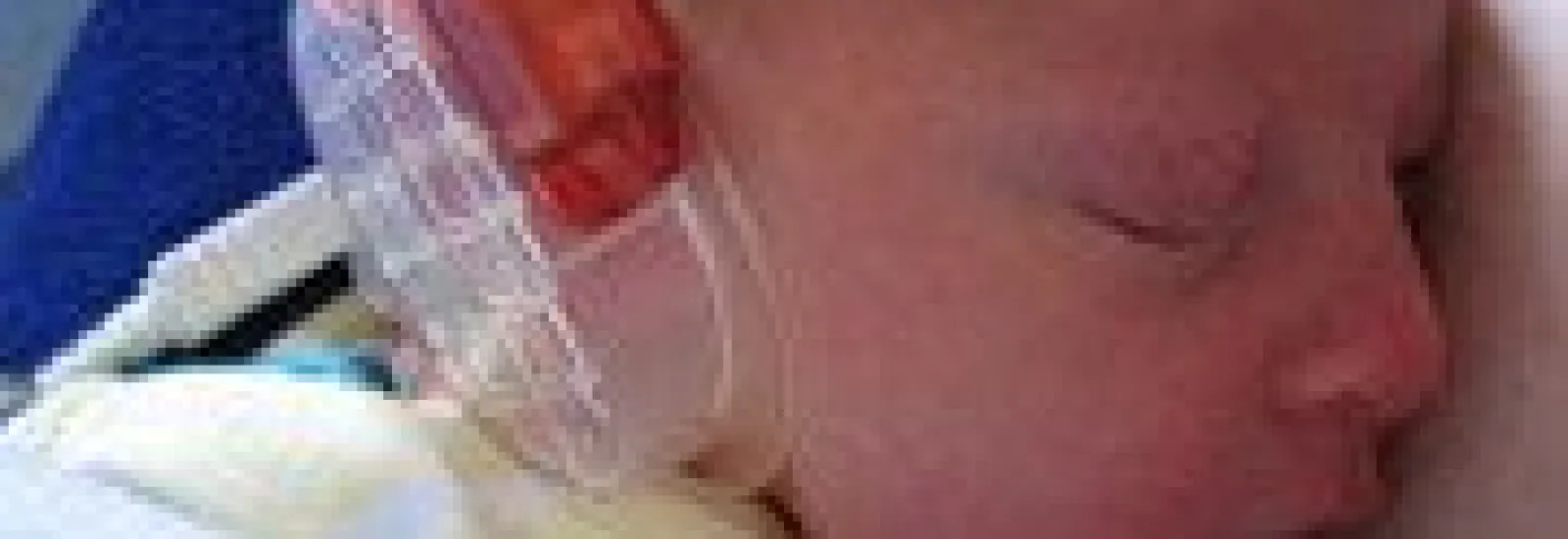
The newborn hearing test: your baby’s first hearing test
The joy and excitement of having a new baby along with the new responsibility can leave parents wondering what’s next in the care of their baby. Before you leave the hospital make sure your baby has a newborn hearing test. It’s a quick painless test that can give you the comfort of knowing your baby has normal hearing.
Why do I need to test my baby’s hearing?
According to Centers for Disease Control (CDC) there are 12000 babies born every year in the US with some level of hearing loss. The CDC also notes that only half of issues ensue from genetic causes so even if hearing loss doesn’t run in your family it’s important to get your child screened.
The early months are a crucial time in your child’s development in respect to their language and speech. Without the information from this test your child’s development may be delayed because you didn’t know your baby needed special care.

How is the newborn hearing test done?
A newborn hearing test is quick and painless — it can even be performed while your baby sleeps.
According to the American Academy of Pediatrics (AAP) there are two types of tests. One is called the otoacoustic emissions test which is what is used in the Reid Mother-Baby Care Center. This measures sound waves in the inner ear with clicks or tones and a tiny probe that is placed in your baby’s ear canal.
The other type automated auditory brainstem response measures the hearing nerve’s response to sound with electrodes that are placed on their head and clicks or tones played through soft earphones.
What happens next?
Even if your baby passes the screening you should continue to look out for signs of hearing loss (e.g. your baby does not startle at a loud noise) according to the CDC; the CDC also notes that a newborn can pass a hearing screening and still develop hearing loss so your doctor should stay diligent about their wellness and development. The CDC also recommends protecting your child from very loud noises such as excessively loud toys.
The AAP points out that babies with perfectly normal hearing can fail a test but if your newborn’s hearing screening indicates that there may be some hearing loss then they will be referred for follow-up testing to determine the level of hearing loss and the cause. The AAP recommends that a more in-depth hearing screening be performed within three months of birth. Evaluation by audiologists ear nose and throat doctors and other professionals can help you create a care plan that allows your child to develop speech and language. There are federally mandated programs that make such care available to children without cost to their parents.
The newborn hearing test is an essential step in ensuring your child develops important language speech and communication skills. Early recognition and intervention can mean a world of difference for a child and as AAP notes children who receive good care by the age of six months have an excellent outlook for the future.
Related link: Reid Health Hearing Center
Image Source: Flickr

